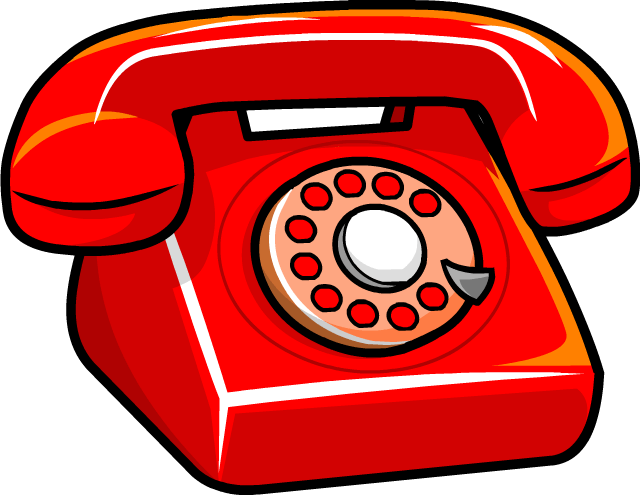
Having a dishwasher comes with plenty of perks: you save time, protect your hands and forearms from the water, you get sanitized dishes and utensils, among many other benefits. The unfortunate thing is that, like other appliances in your home, the dishwasher develops problems that not only reduce its efficiency, but also bring it to a stop.
Want to know about these problems?
Here are the five most common problems with dishwashers as given by dishwasher repair experts:
This is probably the most common dishwasher problem you can have. The unique thing with this problem is that the dishwasher will leak due to plenty of reasons, and it will present itself in different ways. Some of the reasons the dishwasher will leak include:
- An ineffective water pump seal
- A water inlet valve that has spoilt due to hard water or corrosion
- Cracks in the drain hose or recirculation hose
- A float switch is stuck or has gone bad
With the help of your owner’s manual, try diagnosing the problem and fix it. If you are having challenges, stop putting your appliance at more risk and hire a contractor to help you fix it.
Failure of the dishwasher to start
You have dirty dishes that you should clean but on starting the appliance, it won’t start. This is a clear sign you have a problem with your unit, and you should move with haste and fix it.
Begin with checking the power sources and ensure the fuse hasn’t blown. You also should ensure the outlet isn’t malfunctioning. To be certain of the problem, try power cycling the appliance.
If the problem is due to a blown fuse, replace it, and you will have an optimally functioning appliance.
Your appliance will also fail to start if the door has a problem. For example, if the door hasn’t latched closed, the dishwasher won’t start. You should also check for problems with the latch and fix them before proceeding with the other troubleshooting steps.
Does your appliance sound like it’s trying to work, but it doesn’t run correctly? The motor might be stuck. If this is the case, try spinning the fan motor by hand and see if it will move. When doing it, remember to turn off the power from the main panel to avoid getting electrocuted.
Failure of the dishwasher to dry the dishes
Besides cleaning the dishes, a properly functioning dishwasher should also dry the dishes, so you get them out clean and dry, and all you have to do is store them. Since drying the dishes is a primary role of the appliance, it means that if it’s not drying them, it has a problem, right?
The unit will fail to dry the dishes due to plenty of reasons. One of the reasons is the heating element malfunctioning. If you do the troubleshooting and the heating element is fine, you might be having a problem with the high limit thermostat or the rinse aid dispenser.
The high limit thermostat keeps the dishwasher from getting too hot, but when the thermostat isn’t functioning properly, it might cause the heat to switch off prematurely, and the dishes don’t dry.
The high limit thermostat is often located at the bottom of the dishwasher tub, directly behind the access panel. You should access it and use a multimeter to check whether it’s functioning properly.
If you are having a problem with the rinse aid dispenser, the dishes won’t dry properly. First, ensure the dispenser is empty, then troubleshoot the source of the problem.
The dishwasher is leaving a film, spots, or residue on the glassware
A properly functioning dishwasher should give you clean glasses at all times. This means that if you have a residue or spot, you have a problem with the dishwasher.
In most cases, the spots and residues are due to hard water. Thankfully, you can lessen the hard water effects by adding a dish detergent booster or rinse aid to the dishwasher.
The dishwasher making odd noises
If your dishwasher is making unusual sounds, check the internal parts and figure out what is wrong. If you have the skills, you can do it yourself, but for the best results, let a reputable and experienced appliance repair Springfield professional help.




